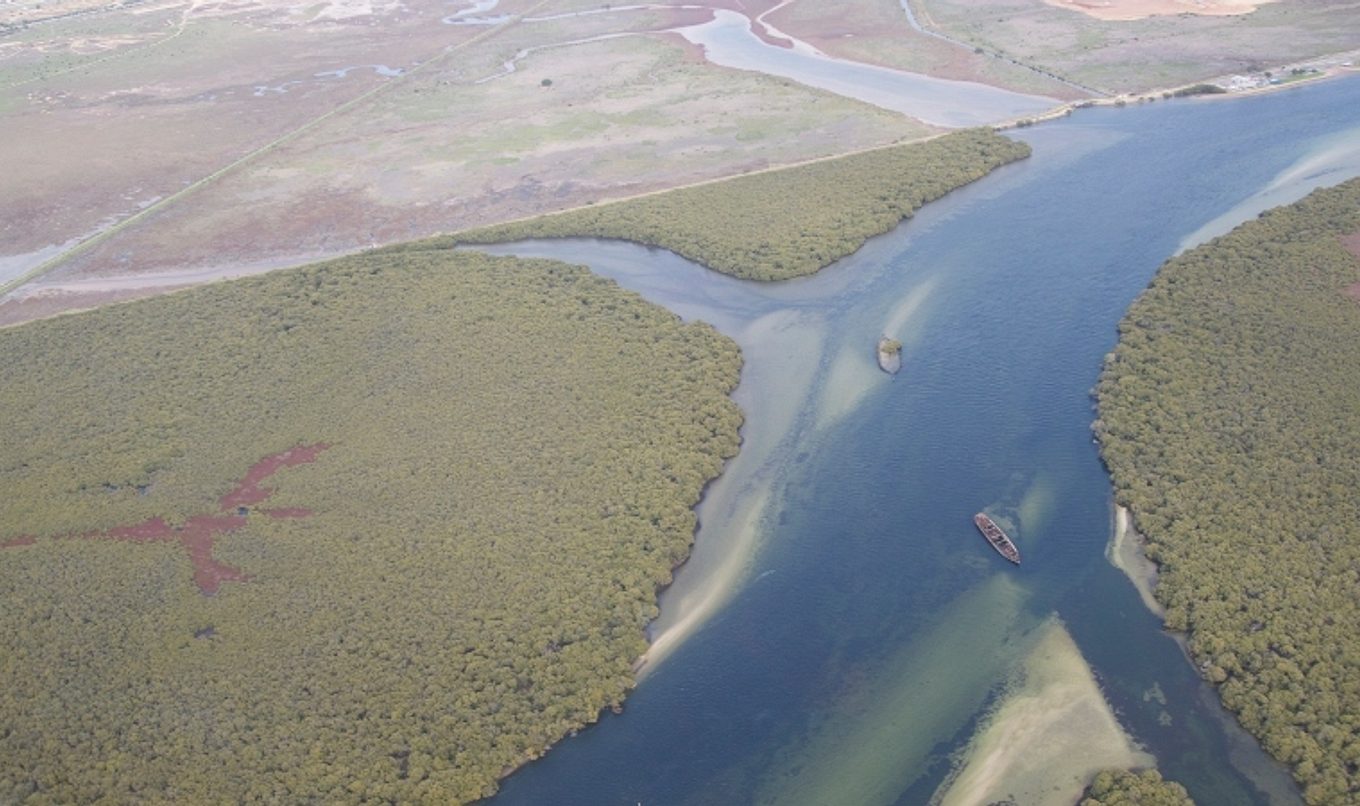New parks co-management agreement paves way for stronger First Nations engagement
In an historic move, the South Australian Government today announced a co-management agreement had been reached with Kaurna Yerta Aboriginal Corporation (KYAC) for three Adelaide national parks.

The historic agreement provides a formal platform for co-management of the Adelaide International Bird Sanctuary National Park-Winaityinaityi Pangkara, Aldinga Conservation Park and Torrens Island Conservation Park.
A Kaurna Parks Advisory Committee comprising representatives from Kaurna and the Department for Environment and Water will provide management advice to the Minister and National Parks and Wildlife Service regarding these parks.
Co-management in South Australia is about bringing together traditional Aboriginal beliefs and contemporary Western perspectives on the importance of looking after land.
The concept recognises that Aboriginal and conservation challenges and initiatives cannot be addressed in isolation: that healthy country and healthy communities go hand-in-hand.
More specifically, co-management acknowledges the rights and capacity of Aboriginal communities to manage cultural and natural values on traditional lands and educates the wider community about ‘healthy country’ and brings them along on a journey of mutual respect and understanding.
Chair of the Co-management Advisory Committee, Stuart Paul said by recognising Aboriginal rights and credibility, co-management agreements educate the broader community and instill pride amongst communities, giving real meaning to reconciliation
“The relationship to Country is central to Aboriginal culture, identity, spiritual beliefs and wellbeing and access is critical to maintaining this relationship and can provide additional social, health and economic benefits for Aboriginal people, Mr Paul said.
“Traditional knowledge and land management practices can also inform and improve contemporary approaches to science and park management and enhance park visitor experiences.
“This co-management agreement allows Aboriginal communities to look after and use sacred places in accordance with their traditional culture and values.”
KYAC Chairperson Les Wanganeen said this is the first step in establishing a working relationship in protecting the environment for future generations between the State Government and KYAC.
“The development of the action plan is to recognise Kaurna’s knowledge and experience in the co-management of maintaining three national parks,” Mr Wanganeen said.
“KYAC now looks forward to future employment opportunities for Aboriginal park rangers to maintain and preserve our Country.”

